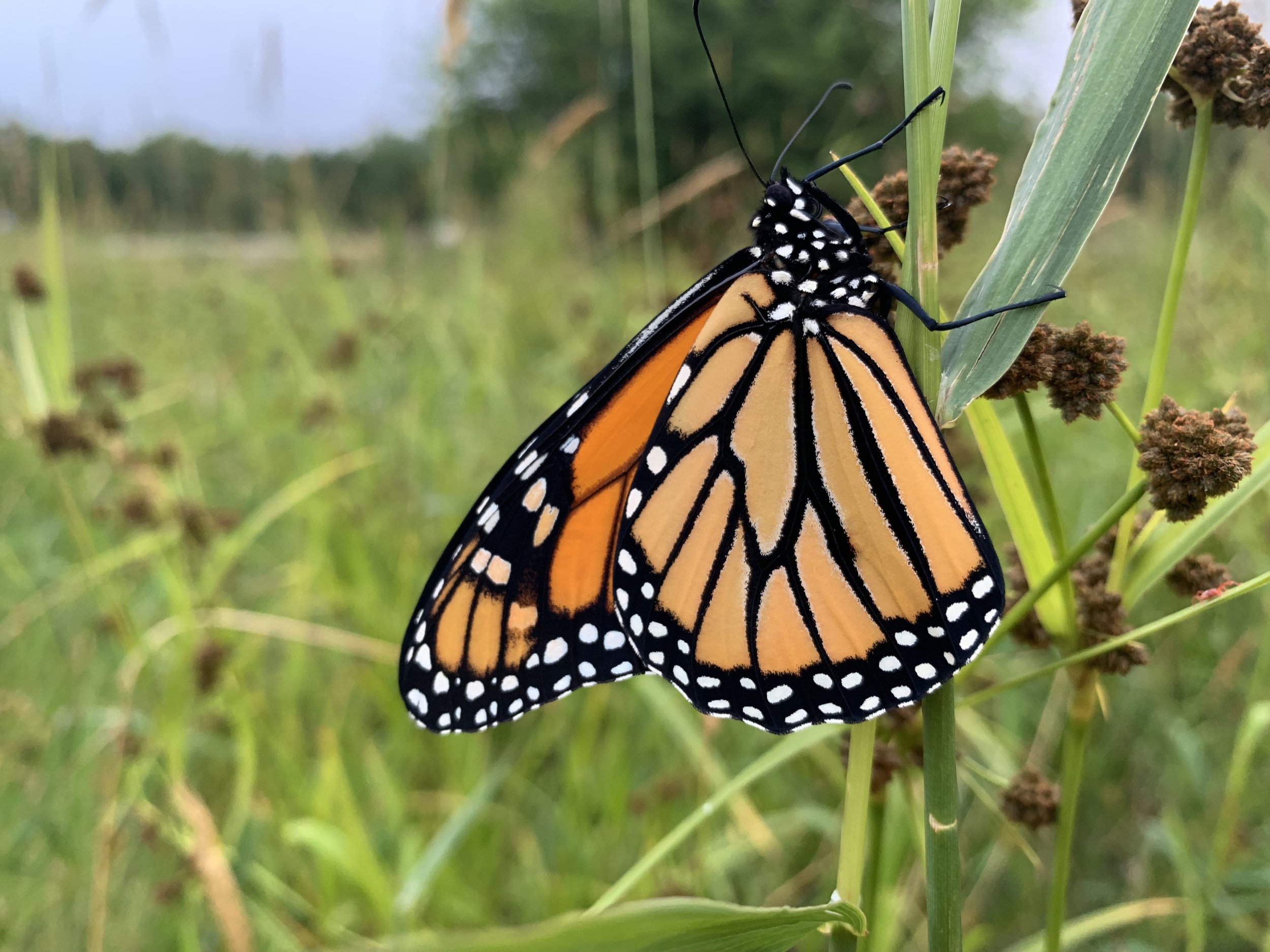 Image 1 of 9
Image 1 of 9

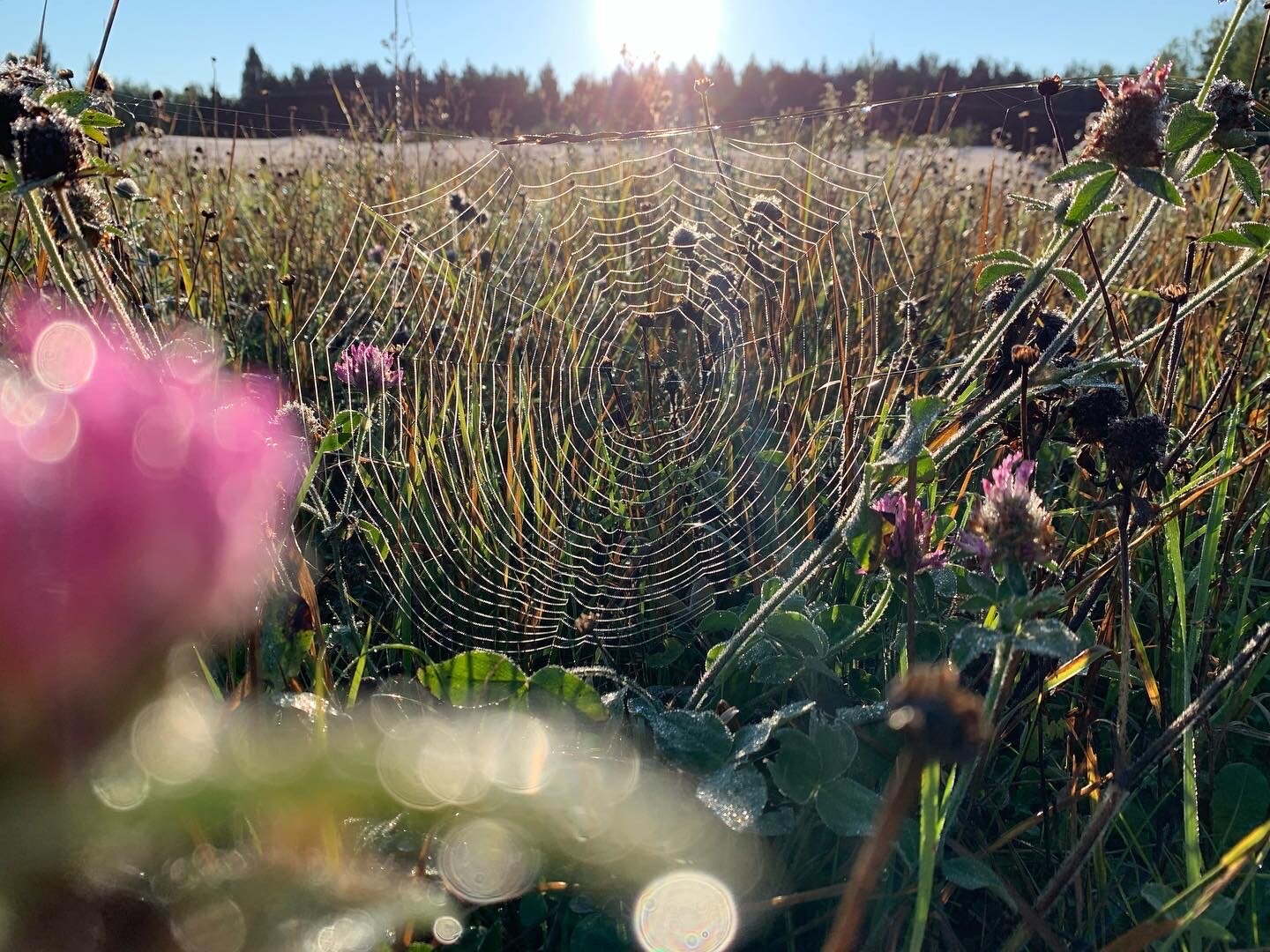 Image 2 of 9
Image 2 of 9

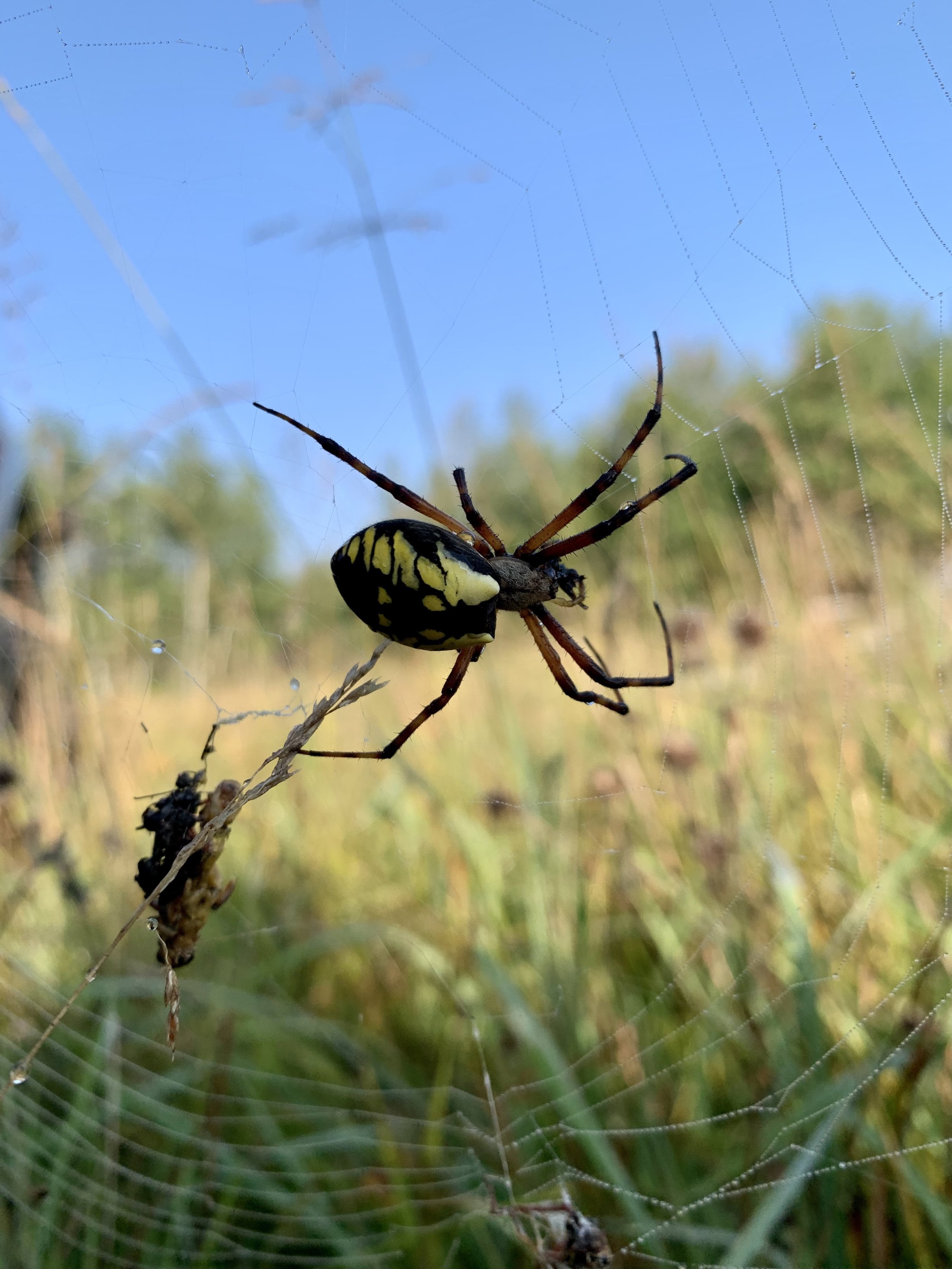 Image 3 of 9
Image 3 of 9

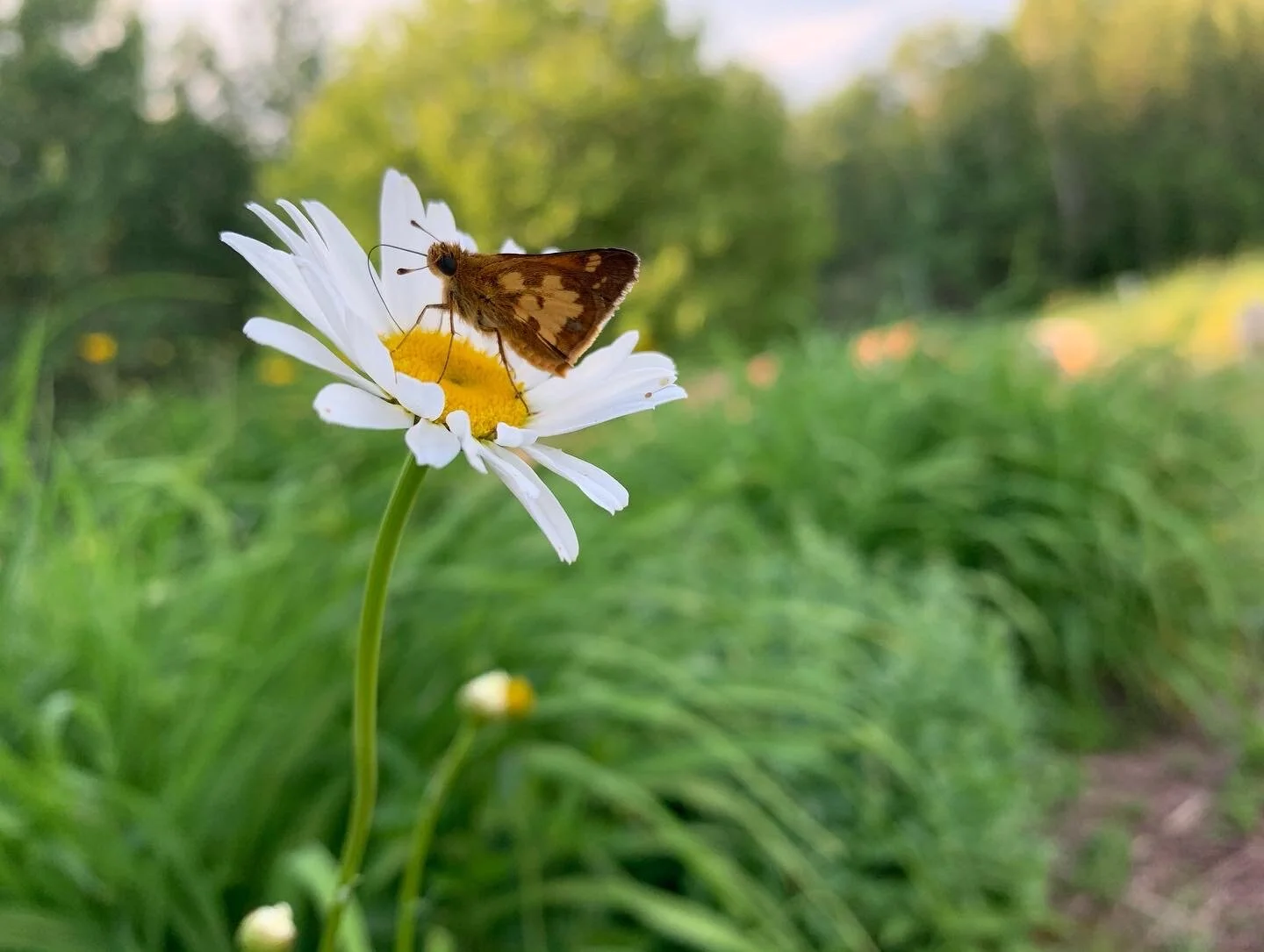 Image 4 of 9
Image 4 of 9

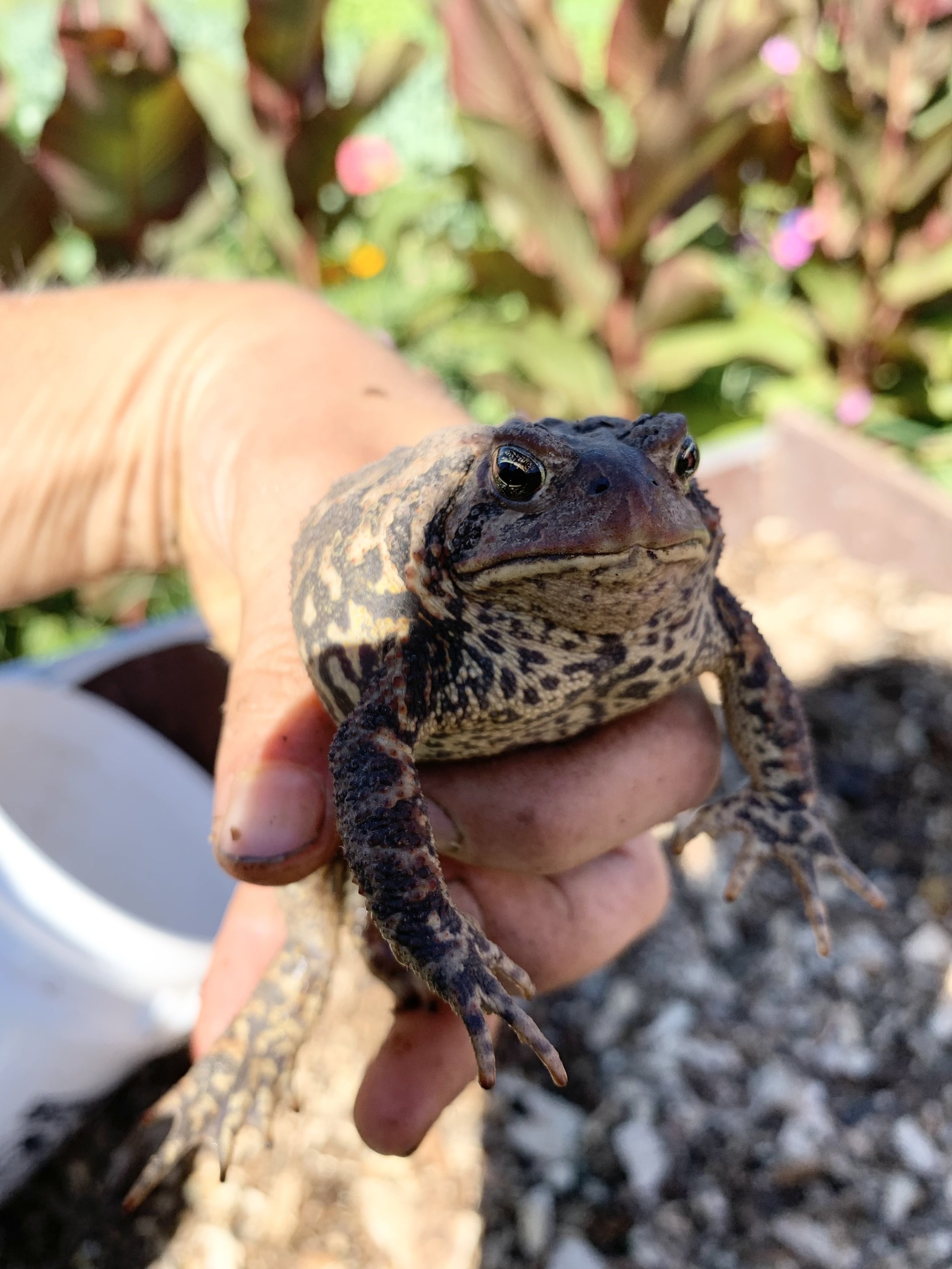 Image 5 of 9
Image 5 of 9

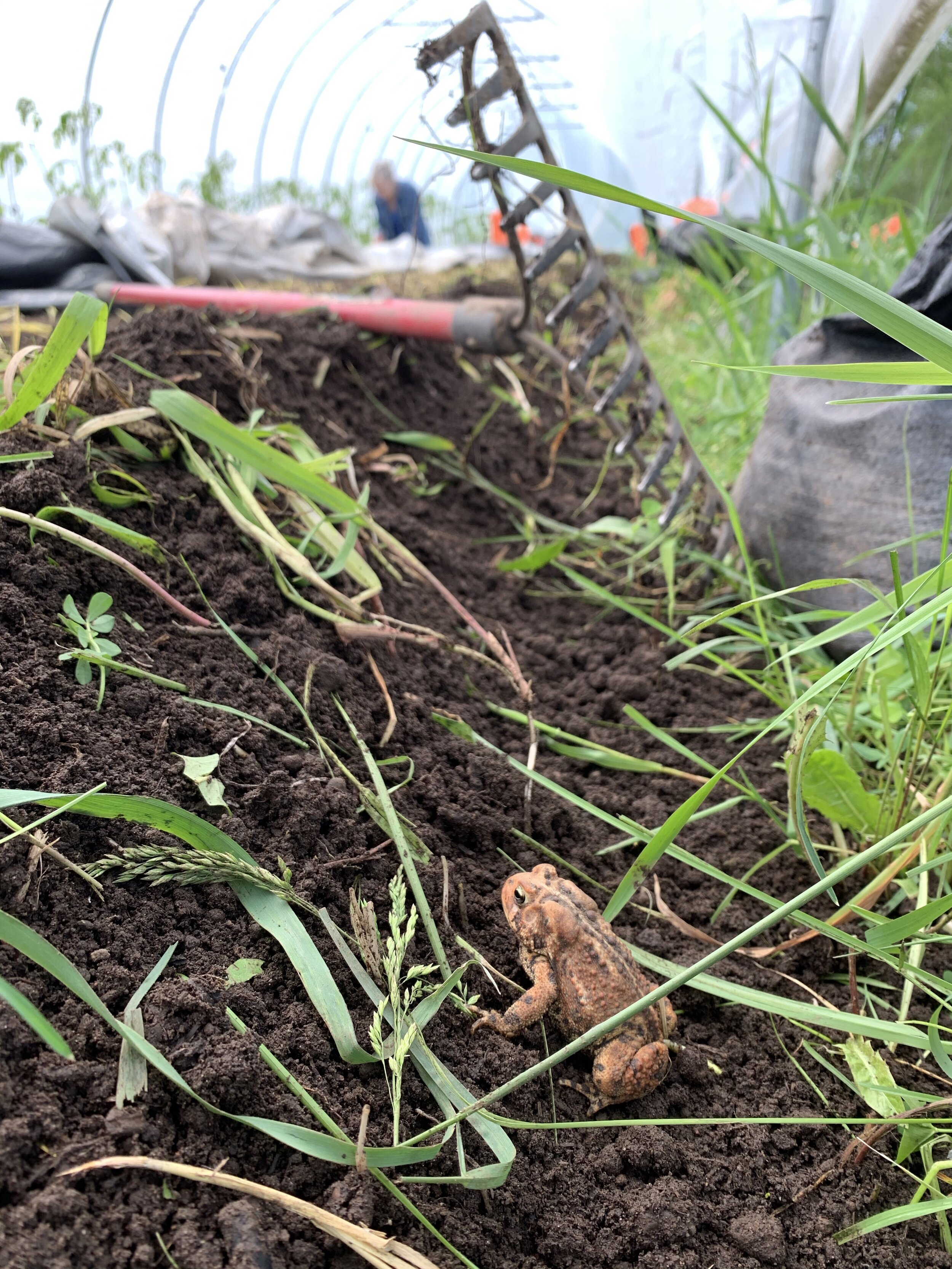 Image 6 of 9
Image 6 of 9

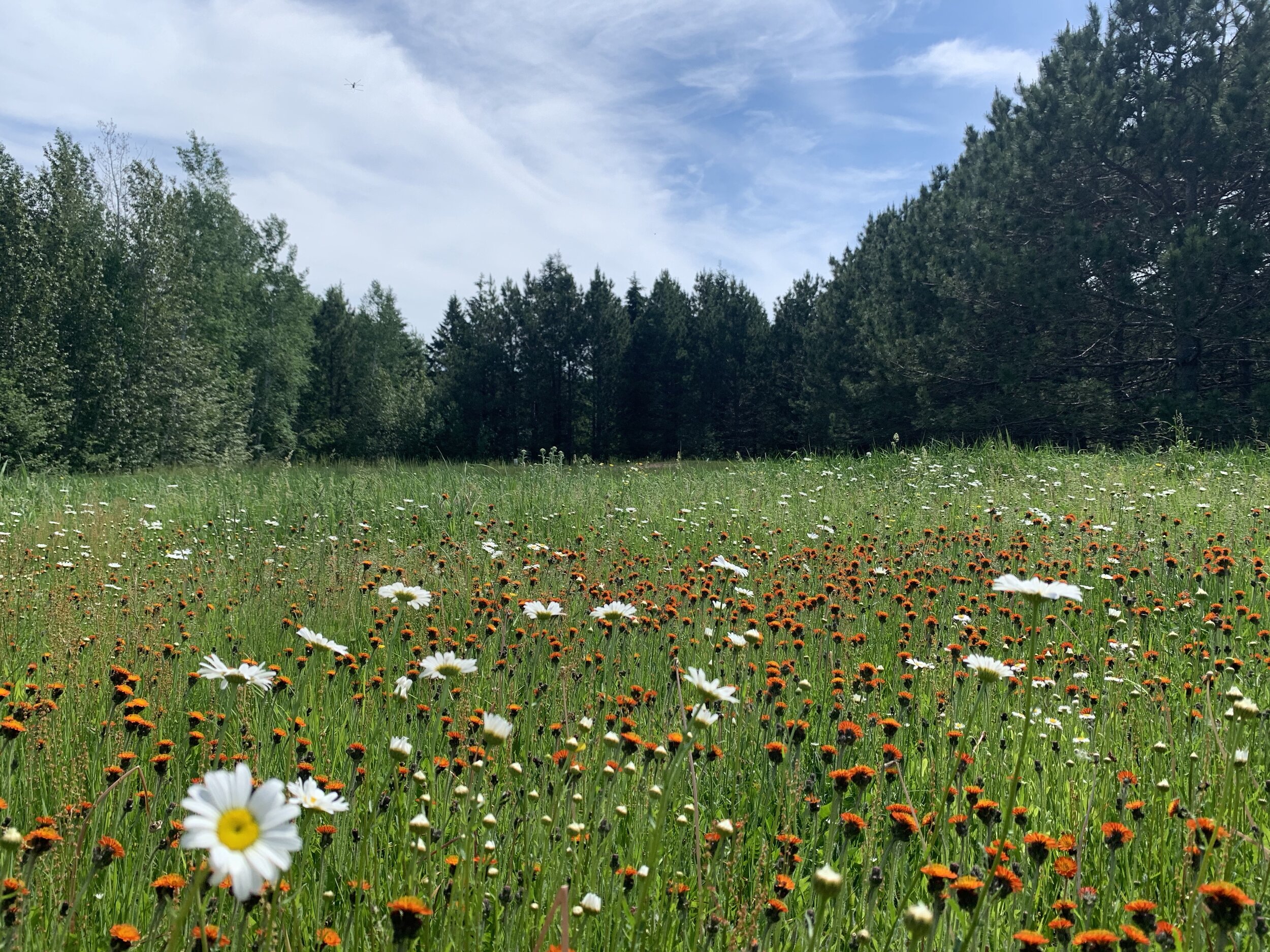 Image 7 of 9
Image 7 of 9

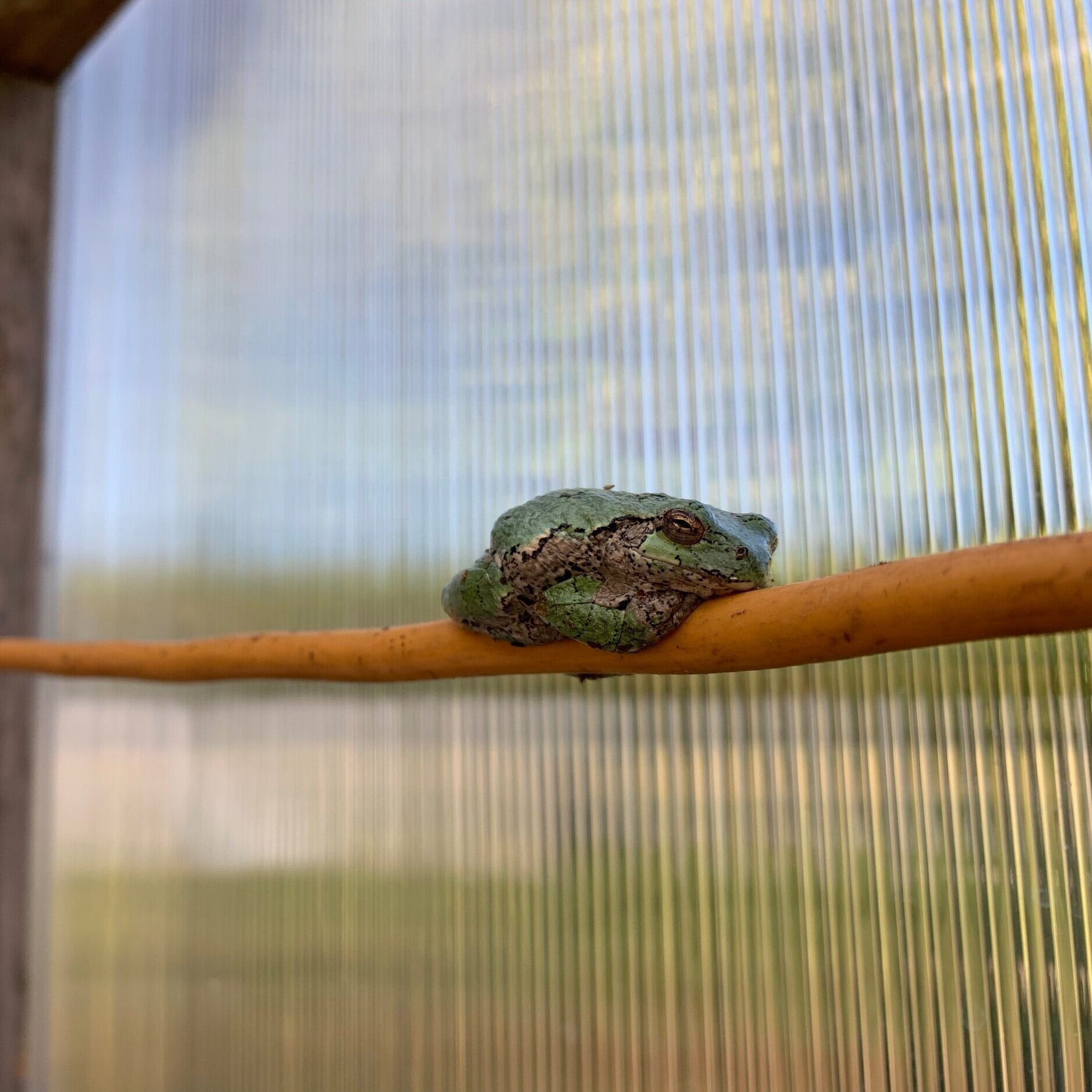 Image 8 of 9
Image 8 of 9

 Image 9 of 9
Image 9 of 9










Biodiversity Enhancement Share
You do not need to be a vegetable share holder to participate in this customizable CSA share - giving back to the land is a way we can all contribute to ecosystem AND human health resiliency. As a shareholder, you are invited to CSA member events and receive the same opportunity to build community with our members and our farm. You’ll also receive CSA member-specific offers and updates about Farm Sol.
This share supports on-farm biodiversity improvement. 100% of this share is utilized to purchase native seeds, perennial plant starts, and construction materials of a new pond habitat. In 2025, WE WILL BE BUILDING A POND! We’ve been dreaming up and saving up for this for a couple of years. This is our year to DIG IN!
Biodiversity enhancement may not always result in immediate or easily-quantifiable return, but we feel confident that improving the land that supports our food system will in turn support those relying on the food system with long-term resiliency benefits.
Clear benefits exist in planting agricultural lands near wild ones. Habitat creation and improvement of biodiversity directly benefit your food system in the following ways:
Native plantings and a local water source provide enhanced natural pest protection, creating homes for predatory insects (like wasps) and amphibians who eat garden pests and reduce the need for chemical pest management.
Native plantings can increase garden yields, as many food crops (like tomatoes!) are optimized by regular insect pollination.
Multi-species cropping and co-planting with native species increases genetic diversity and reduces odds of crop failure to disease.
Native species planting helps maintain mutualistic soil biota optimized for our local growing conditions, influencing plant fitness.
Native species can contribute to beneficial soil structure and localized soil moisture retention.
Native plant species can increase soil biota that positively influences carbon storage, secondary metabolites, and microbiome diversity.
Pond habitats can function as a micro-climate regulator, elongating the season with temperature storage.
Pond habitats also create water security for both food crops and local animals in times of drought, mitigating damage caused by climate swings.
1 Quantity = $10 toward the Farm Sol Biodiversity Enhancement Budget, helping great food grow even better.
You do not need to be a vegetable share holder to participate in this customizable CSA share - giving back to the land is a way we can all contribute to ecosystem AND human health resiliency. As a shareholder, you are invited to CSA member events and receive the same opportunity to build community with our members and our farm. You’ll also receive CSA member-specific offers and updates about Farm Sol.
This share supports on-farm biodiversity improvement. 100% of this share is utilized to purchase native seeds, perennial plant starts, and construction materials of a new pond habitat. In 2025, WE WILL BE BUILDING A POND! We’ve been dreaming up and saving up for this for a couple of years. This is our year to DIG IN!
Biodiversity enhancement may not always result in immediate or easily-quantifiable return, but we feel confident that improving the land that supports our food system will in turn support those relying on the food system with long-term resiliency benefits.
Clear benefits exist in planting agricultural lands near wild ones. Habitat creation and improvement of biodiversity directly benefit your food system in the following ways:
Native plantings and a local water source provide enhanced natural pest protection, creating homes for predatory insects (like wasps) and amphibians who eat garden pests and reduce the need for chemical pest management.
Native plantings can increase garden yields, as many food crops (like tomatoes!) are optimized by regular insect pollination.
Multi-species cropping and co-planting with native species increases genetic diversity and reduces odds of crop failure to disease.
Native species planting helps maintain mutualistic soil biota optimized for our local growing conditions, influencing plant fitness.
Native species can contribute to beneficial soil structure and localized soil moisture retention.
Native plant species can increase soil biota that positively influences carbon storage, secondary metabolites, and microbiome diversity.
Pond habitats can function as a micro-climate regulator, elongating the season with temperature storage.
Pond habitats also create water security for both food crops and local animals in times of drought, mitigating damage caused by climate swings.
1 Quantity = $10 toward the Farm Sol Biodiversity Enhancement Budget, helping great food grow even better.
You do not need to be a vegetable share holder to participate in this customizable CSA share - giving back to the land is a way we can all contribute to ecosystem AND human health resiliency. As a shareholder, you are invited to CSA member events and receive the same opportunity to build community with our members and our farm. You’ll also receive CSA member-specific offers and updates about Farm Sol.
This share supports on-farm biodiversity improvement. 100% of this share is utilized to purchase native seeds, perennial plant starts, and construction materials of a new pond habitat. In 2025, WE WILL BE BUILDING A POND! We’ve been dreaming up and saving up for this for a couple of years. This is our year to DIG IN!
Biodiversity enhancement may not always result in immediate or easily-quantifiable return, but we feel confident that improving the land that supports our food system will in turn support those relying on the food system with long-term resiliency benefits.
Clear benefits exist in planting agricultural lands near wild ones. Habitat creation and improvement of biodiversity directly benefit your food system in the following ways:
Native plantings and a local water source provide enhanced natural pest protection, creating homes for predatory insects (like wasps) and amphibians who eat garden pests and reduce the need for chemical pest management.
Native plantings can increase garden yields, as many food crops (like tomatoes!) are optimized by regular insect pollination.
Multi-species cropping and co-planting with native species increases genetic diversity and reduces odds of crop failure to disease.
Native species planting helps maintain mutualistic soil biota optimized for our local growing conditions, influencing plant fitness.
Native species can contribute to beneficial soil structure and localized soil moisture retention.
Native plant species can increase soil biota that positively influences carbon storage, secondary metabolites, and microbiome diversity.
Pond habitats can function as a micro-climate regulator, elongating the season with temperature storage.
Pond habitats also create water security for both food crops and local animals in times of drought, mitigating damage caused by climate swings.
1 Quantity = $10 toward the Farm Sol Biodiversity Enhancement Budget, helping great food grow even better.
-
If you have specific plant species or other project ideas you’d like to see your donation go toward, please let us know! Please include your contact information at check-out, so we can keep you posted about project progress and enhancement outcomes.
